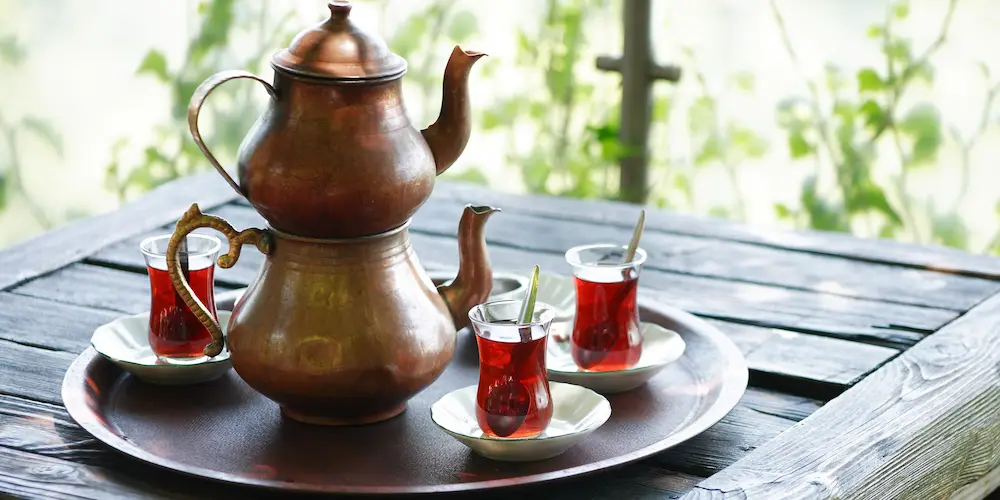
Turkey is a country steeped in rich history and cultural traditions that span thousands of years. As a visitor, understanding and respecting local customs and etiquette is not only a sign of good manners but also enhances your experience, allowing you to connect more deeply with the people and culture. This guide provides essential tips for navigating social interactions, avoiding cultural missteps, and showing respect for local customs and traditions during your visit to Turkey.
Appropriate Greetings and Forms of Address
In Turkey, greetings are an integral part of social interactions and set the tone for any relationship, whether it’s a casual encounter or a formal meeting. The most common greeting is a handshake, often accompanied by a warm smile. When greeting someone older or in a more formal setting, it’s respectful to bow your head slightly as a sign of respect. For women, especially in more traditional or rural areas, a simple nod or placing your hand on your chest might be more appropriate.
When addressing someone, it’s customary to use “Bey” (Mr.) for men and “Hanım” (Mrs./Ms.) for women after their first name. For example, you would address Mr. Ahmet as “Ahmet Bey” and Ms. Fatma as “Fatma Hanım.” This form of address is used in both formal and semi-formal situations and reflects respect and politeness. If you’re unsure of how to address someone, it’s always better to err on the side of formality.
In family and close friend circles, you might hear the terms “Abi” (older brother) or “Abla” (older sister), which are used as terms of endearment and respect. These are especially common in more intimate settings and are a way to show respect to someone slightly older than you.
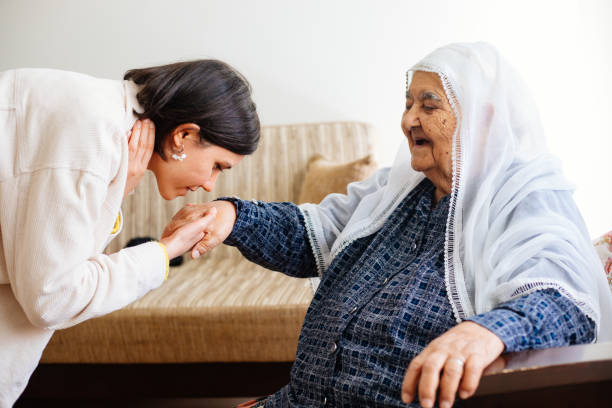
Respecting Religious Practices and Dress Codes
Turkey, with its majority Muslim population, places significant importance on religious practices and traditions. Even though the country is officially secular, Islam influences many aspects of daily life, particularly in more conservative regions.
When visiting a mosque, it’s essential to dress modestly and behave respectfully. For women, this means covering their heads with a scarf, and for both men and women, it involves covering the arms and legs. While some mosques provide scarves and wraps for visitors, it’s considerate to bring your own. Shoes must be removed before entering the mosque, so wearing socks or stockings is advisable. Once inside, avoid walking in front of someone who is praying and try to remain quiet, as the mosque is a place of worship and reflection.
During the holy month of Ramadan, Muslims fast from sunrise to sunset. While tourists are not expected to fast, it’s respectful to avoid eating, drinking, or smoking in public during daylight hours. Many restaurants and cafes will still serve food to non-Muslims or those who are not fasting, but it’s wise to be discreet.
Beyond mosques, modest dress is appreciated, particularly in rural or conservative areas. While Turkish cities like Istanbul, Ankara, and Izmir are quite liberal, with Western-style clothing being the norm, it’s important to be mindful of your surroundings and dress accordingly. In beach resorts, swimwear is acceptable by the pool or at the beach, but covering up when leaving these areas is a sign of respect for local customs.
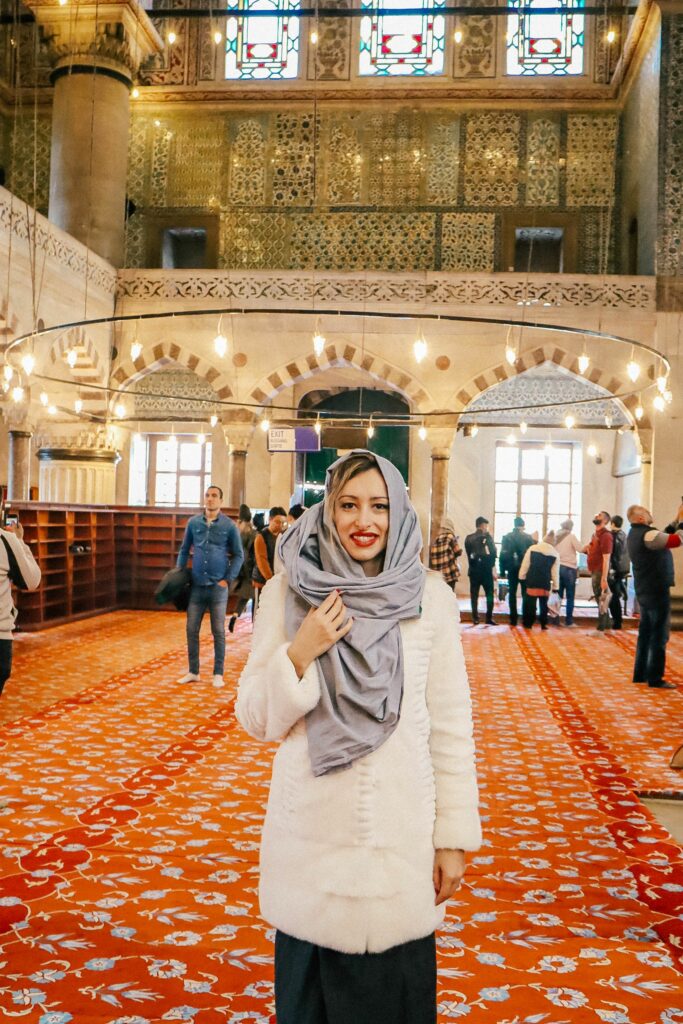
Dining Etiquette: The Significance of Tea and Tipping Culture
Dining in Turkey is not just about eating; it’s a social experience that often involves long, leisurely meals filled with conversation and multiple courses. Whether you’re dining in a restaurant, enjoying street food, or being hosted in someone’s home, there are a few key customs to keep in mind.
One of the most enduring symbols of Turkish hospitality is tea (“çay”). Served in small, tulip-shaped glasses, Turkish tea is strong, aromatic, and always offered to guests as a sign of welcome. It’s considered polite to accept the tea, even if you don’t plan to drink it. Refusing tea might be seen as a rejection of the hospitality being extended. Turkish coffee, another staple, is often served after a meal, and is typically sipped slowly while engaging in conversation.
When dining, it’s customary to wait for the eldest or most senior person at the table to start eating before you begin. Bread is a staple at every meal, and it’s common to break it with your hands rather than using a knife. Sharing food is a sign of friendship and community, so don’t be surprised if someone offers you a taste of their dish.
Tipping is a common practice in Turkey, and while it’s not obligatory, it is appreciated. In restaurants, a tip of 10-15% is standard, and it’s usually left in cash, as tips are not always added to the bill. Taxi drivers, hotel staff, and even hairdressers often receive small tips as well—rounding up the fare or leaving a few lira is a courteous gesture.
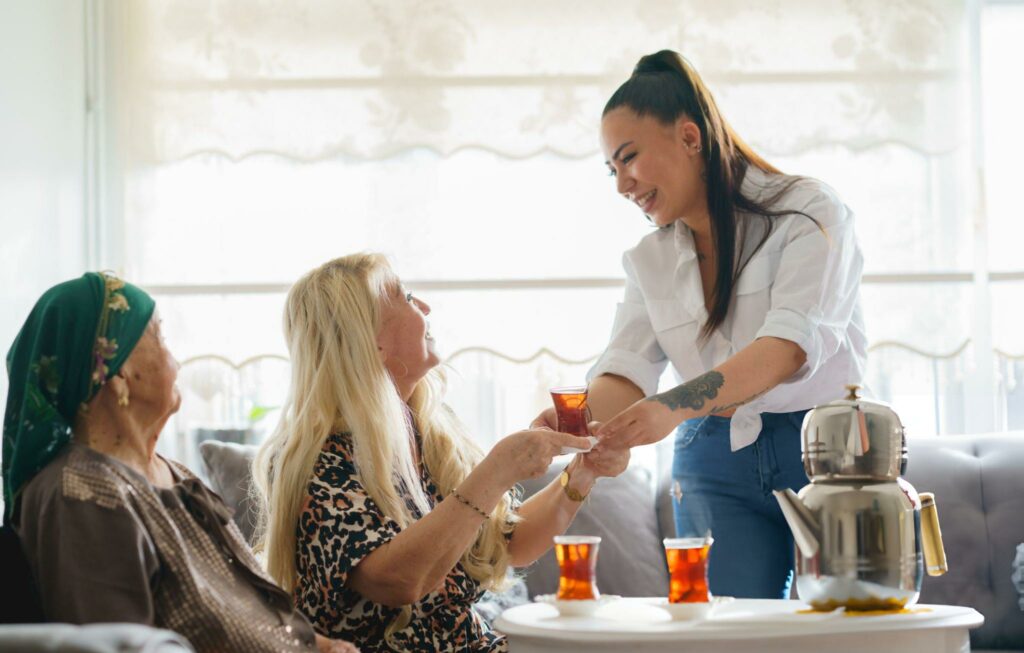
Dos and Don’ts for Public Behavior and Body Language
Public behavior and body language in Turkey can vary widely depending on the region. Urban areas like Istanbul are cosmopolitan and open-minded, while rural regions may hold more conservative values.
One of the most important things to keep in mind is to avoid public displays of affection. Holding hands is generally acceptable, but kissing or hugging in public can be frowned upon, particularly in conservative areas. Similarly, avoid loud or boisterous behavior in public spaces; Turks value calmness and composure in social interactions.
Body language is also significant. Avoid pointing at people or objects with your finger; instead, use your whole hand to gesture. Showing the soles of your feet or shoes when sitting can be seen as disrespectful, especially in a religious setting. Additionally, touching someone’s head, particularly that of a child, is generally avoided, as the head is considered the most sacred part of the body.
Another aspect to consider is how you engage in conversations. Turks are known for their warmth and hospitality, and conversations often start with questions about your well-being, family, or even your impressions of Turkey. It’s polite to reciprocate with similar questions and to express interest in Turkish culture and traditions. However, topics like politics, the Kurdish issue, or the role of religion in society can be sensitive, so it’s best to steer clear of these unless you’re sure of your audience.

Photo suggestion: A busy market or public square in Turkey showing locals and tourists interacting.
Understanding Hospitality Customs and Accepting Invitations
Hospitality in Turkey is legendary, and visitors are often struck by the warmth and generosity of their hosts. If you’re invited to someone’s home, it’s considered a great honor and should be accepted if possible. Turkish people take pride in their hospitality, and a refusal might be seen as a slight, although politely declining with a valid reason is acceptable.
When visiting a Turkish home, it’s customary to bring a small gift. Sweets, chocolates, or flowers are always appreciated, and in some regions, it’s common to bring a dessert to share with the family. Upon entering the home, you’ll likely be asked to remove your shoes; some homes provide slippers for guests, while others are comfortable with you walking in your socks.
Meals in a Turkish home are often elaborate, featuring a wide variety of dishes. Hosts will encourage you to eat and drink heartily, and it’s polite to try a bit of everything. Complimenting the host on the food is always appreciated, as cooking is considered a labor of love. If you’re full, a polite way to refuse more food is by placing your hand over your stomach and saying “Yeter” (enough). Refusing food or drink too vehemently, however, might be seen as rude, so it’s better to accept at least a small portion.
It’s also common for the host to pour tea or coffee at the end of the meal, often served with something sweet. This is a time to relax and continue conversations, so take your time and enjoy the hospitality. When it’s time to leave, thanking the host profusely is important, and you might be invited to return another time, which is a genuine gesture.
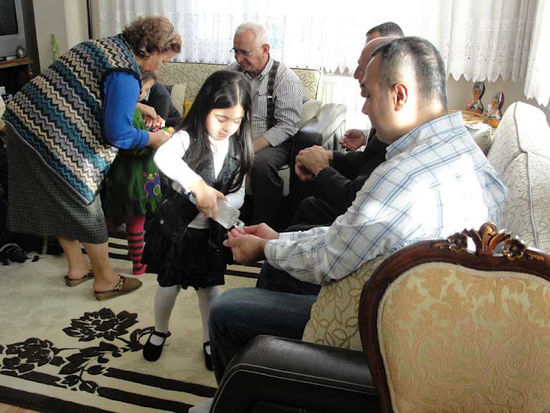
Turkey is a country where ancient traditions meet modern life, creating a unique cultural tapestry that is both fascinating and diverse. As a visitor, showing respect for local customs and etiquette not only helps you avoid misunderstandings but also enriches your experience, allowing you to connect more deeply with the Turkish people and their way of life. By embracing these cultural nuances—whether through a simple greeting, modest dress, or participating in the communal joy of a shared meal—you demonstrate respect and appreciation for the culture that welcomes you.
Remember that Turkish hospitality is genuine and warm; your efforts to honor these traditions will be met with kindness and gratitude. As you navigate the streets of Istanbul, explore the ancient ruins of Ephesus, or relax on the beaches of Antalya, the understanding and respect you show for local customs will contribute to making your visit to Turkey a memorable and rewarding experience.
Leave a Reply